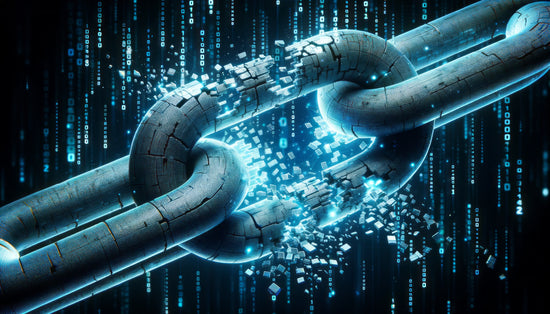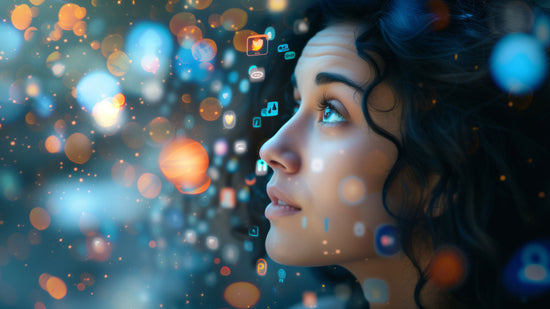Natural evolution or soulless copout?
AI’s influence and presence are ever-growing in all aspects of modern life and its reach is almost unfathomable. It may be easy to imagine how AI can replace humans without ethical or philosophical implications when it comes to repetitive or mundane tasks, or maybe in data analysis and pattern recognition, for example. Perhaps we can push the envelope a bit and normalize the utilization of AI in routine healthcare diagnostics, scientific research, or highly predictable decision-making. However, can AI ever fill the shoes of a human creator when it comes to the arts?
It is important to establish something very clearly early on in this discussion. AI is not sentient. Sentience refers to a being’s capacity for subjective experience, consciousness, and self-awareness, which is a defining characteristic of humans and many living things. AI systems are based on neural networks and algorithms designed to process and analyze data, recognize patterns, and make predictions or generate responses based on that data, and while automation can lead them to work independently, creation is the result of will, and AI systems do not have a will of their own. They are, however, powerful tools.
So while AI may not be the author or creator of art, it can produce artistic expressions based on or resulting from data fed to it by humans. So here’s the crossroads: is the use of AI to create art a natural evolution in our increasingly digital world, or is it a “copout”? Artists take years, maybe decades to perfect their skills in their trades, pouring heart and soul into what they make. Achieving mastery in their art is a journey, it takes dedication and sacrifice. But what about those who have art in their hearts and minds, but haven’t had the means or opportunity to sharpen their skills? What if AI is finally the link that was missing, the opportunity for them to express themselves creatively and gift the world with what has been in their souls for so long? Should those still be considered lesser art because of their tool of choice?

Art is part of life, there are different perspectives on this subject. It depends on how AI is used in the creative process and the intentions behind its use. Some critics argue that art created by AI lacks the emotional and experiential depth that human-created art often possesses. This critique revolves around the question of authenticity and the personal connection between the artist and the artwork. Human-created art often carries a depth of emotion, personal experience, and authenticity that AI could never replicate. Human artists bring their unique perspectives and life experiences to their work and their art often invites subjective interpretation and emotional connection with the audience, fostering a deeper sense of empathy and understanding.
Creating art independently allows artists to express their personal identity, values, and cultural influences, contributing to the diversity and richness of the art world.
In the end, the choice between using AI and creating art independently depends on the artist's goals, preferences, and opportunities. Some artists may find value in integrating AI into their creative process to enhance efficiency and explore new possibilities, while others may prioritize the emotional depth and authenticity that come from creating art solely through human imagination.
Food for thought
Do you think we can truly equate AI-generated art to human-made art? Can AI art ever really evoke the same response and stir the same emotions that man made art can pull out of us?

An accomplished translator and writer, Cami has been in the creative field for nearly two decades. Her experience as a linguist in several fields, paired with her background as a native Latina immigrant (born and raised in Brazil and naturalized American citizen) gives her a unique perspective on the social and cultural context of our society. She has been with Techless since 2022 and currently lives in Michigan with her husband of twelve years, their eight-year-old son, and their puppy Oreo.






